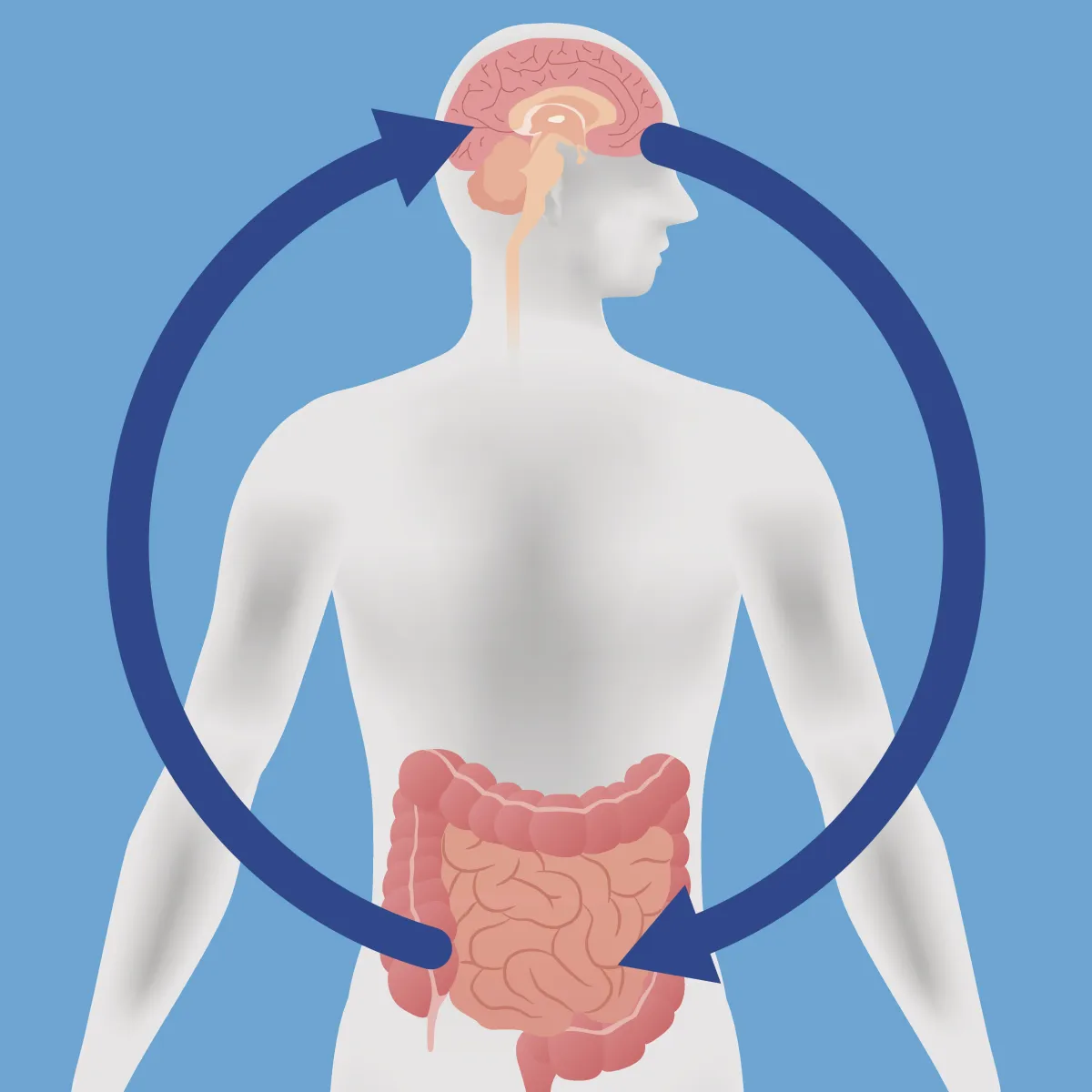
The Gut-Brain Connection: How Your Microbiome Affects Mood and Mental Health
The Gut-Brain Connection: How Your Microbiome Affects Mood and Mental Health
Discover how your gut health influences mental clarity, mood, and emotional resilience.
Understanding the Gut-Brain Axis
The gut and brain are in constant communication via what’s known as the gut-brain axis—a complex, bidirectional system connecting your central nervous system with your enteric nervous system. Trillions of bacteria in the gut, collectively known as the microbiome, play a vital role in this communication channel.
Scientific studies now confirm that your gut does far more than process food. It can directly influence brain function, mood, and mental health.
Mood Disorders and Microbiome Imbalances
Research shows that people with depression, anxiety, and other mood disorders often have a disrupted or imbalanced gut microbiome. This imbalance, called dysbiosis, may lead to increased intestinal permeability ("leaky gut"), chronic inflammation, and poor nutrient absorption—factors that all contribute to poor mental health.
Additionally, about 90% of serotonin, your body’s "feel-good" neurotransmitter, is produced in the gut. If your gut is unhealthy, your ability to regulate mood is compromised.
How Gut Health Influences the Brain
Neurotransmitter production: Gut bacteria help synthesize neurotransmitters such as serotonin, dopamine, and GABA, which affect sleep, mood, and focus.
Immune response regulation: A healthy gut limits inflammation, which can otherwise lead to neuroinflammation—a contributing factor to depression and cognitive decline.
Vagus nerve signaling: The vagus nerve links the gut directly to the brain, transmitting messages that can influence stress, anxiety, and mood.
Signs Your Gut Might Be Affecting Your Mood
Brain fog
Frequent mood swings
Trouble sleeping
Anxiety or depression symptoms
Chronic bloating, gas, or irregular bowel movements
Lifestyle Strategies to Support Gut-Brain Health
1. Eat a Diverse, Fiber-Rich Diet
Prebiotic foods like garlic, onions, bananas, and oats help feed beneficial gut bacteria.
2. Incorporate Probiotics
Fermented foods like yogurt, kefir, sauerkraut, and kimchi add healthy bacteria to your gut.
3. Minimize Processed Foods & Sugar
A high-sugar, high-fat diet increases gut inflammation and feeds harmful bacteria.
4. Stay Active
Regular physical movement improves gut microbial diversity and supports neurotransmitter balance.
5. Manage Stress
Mind-body practices like breathwork, meditation, and sound healing can lower stress hormones that disrupt gut balance.
Regenerative and Holistic Support
At Wellness Academy USA, our programs integrate nutrition coaching, microcirculation therapy, and personalized lifestyle plans that improve gut-brain health naturally—without medications.
We combine ancient wisdom with modern science to help you restore mental clarity, boost mood, and live a longer, healthier life.
Final Thoughts
The gut-brain connection is real—and powerful. By focusing on gut health, you not only improve digestion but also unlock emotional balance, mental focus, and resilience.
Start with your microbiome. Your brain will thank you.

